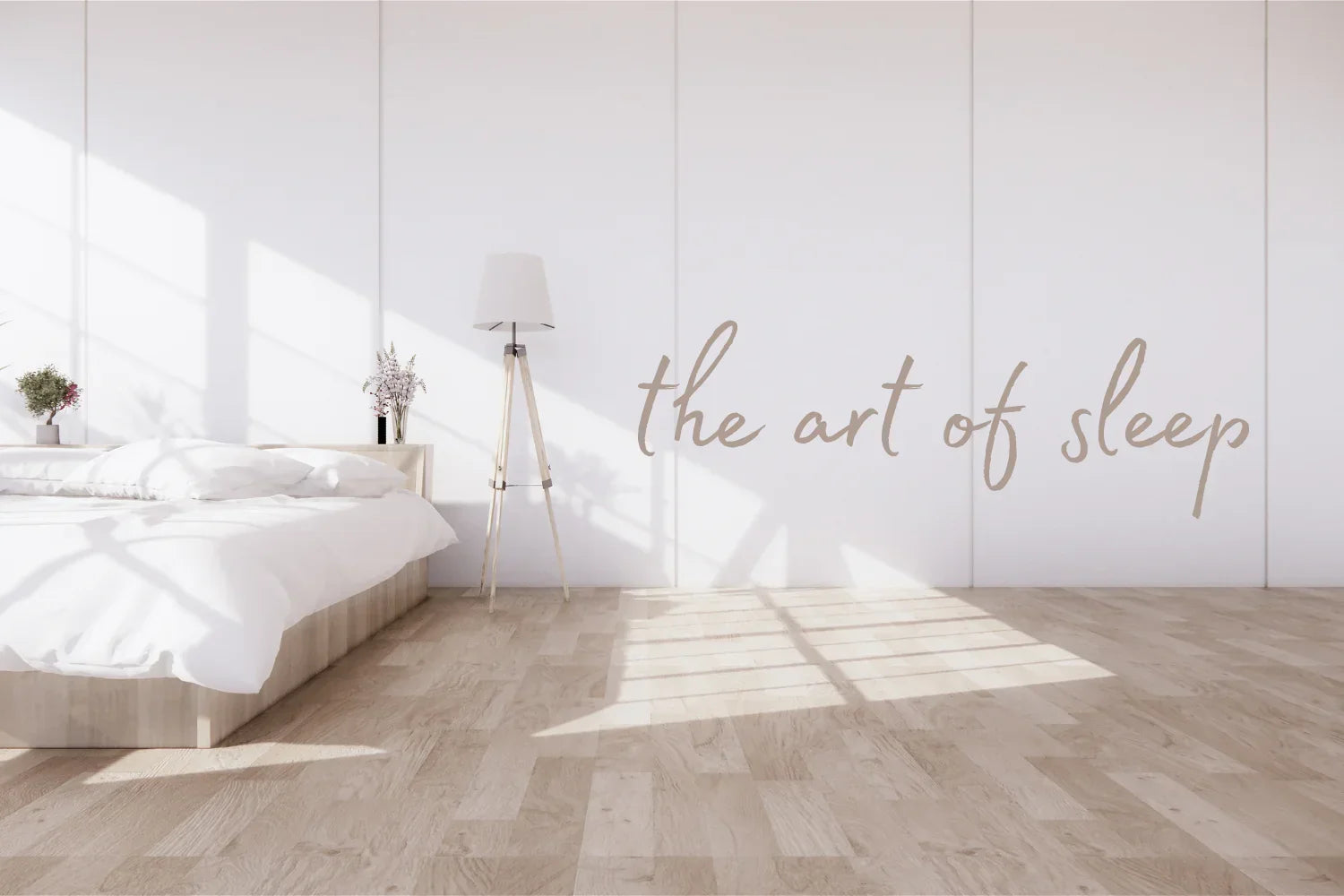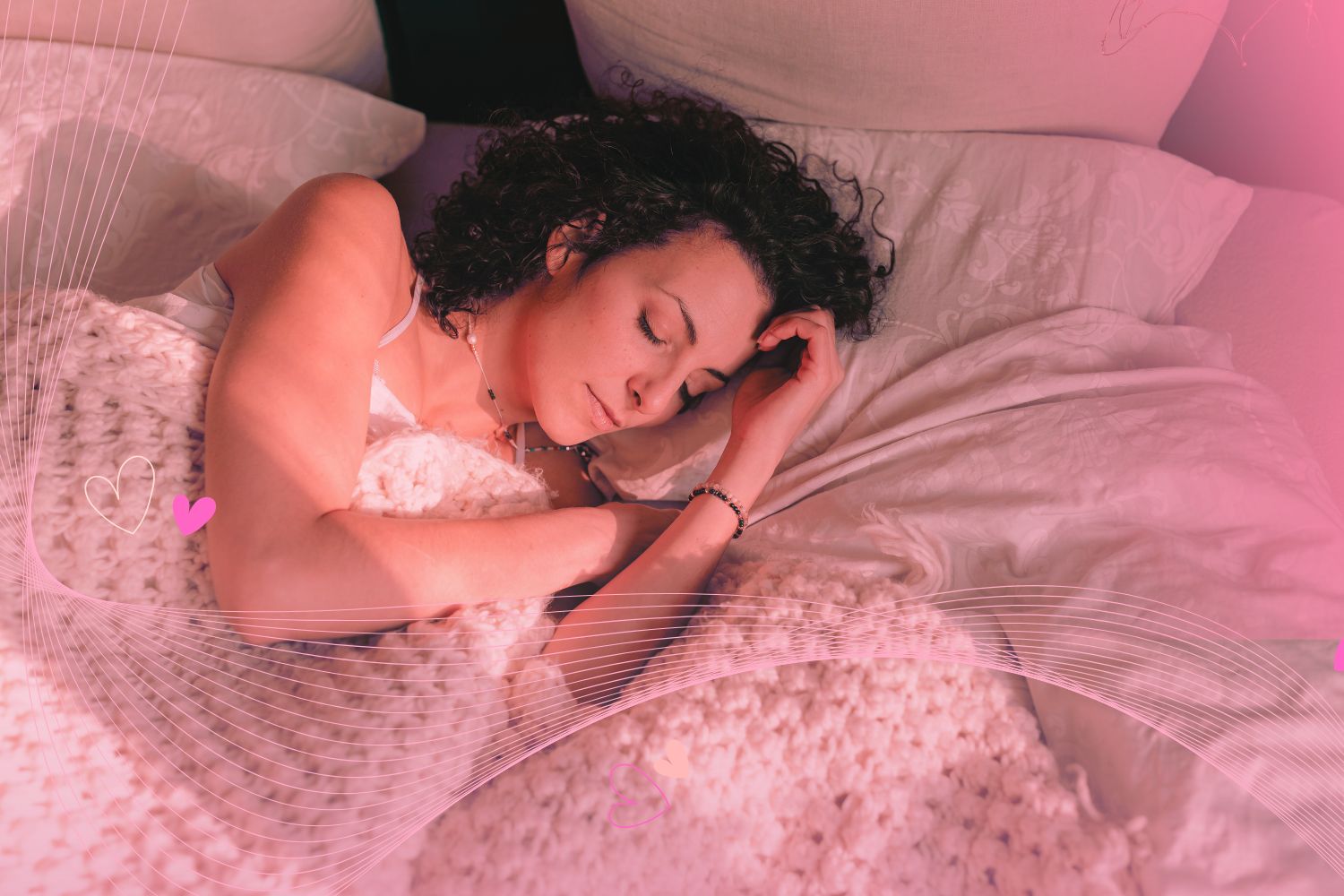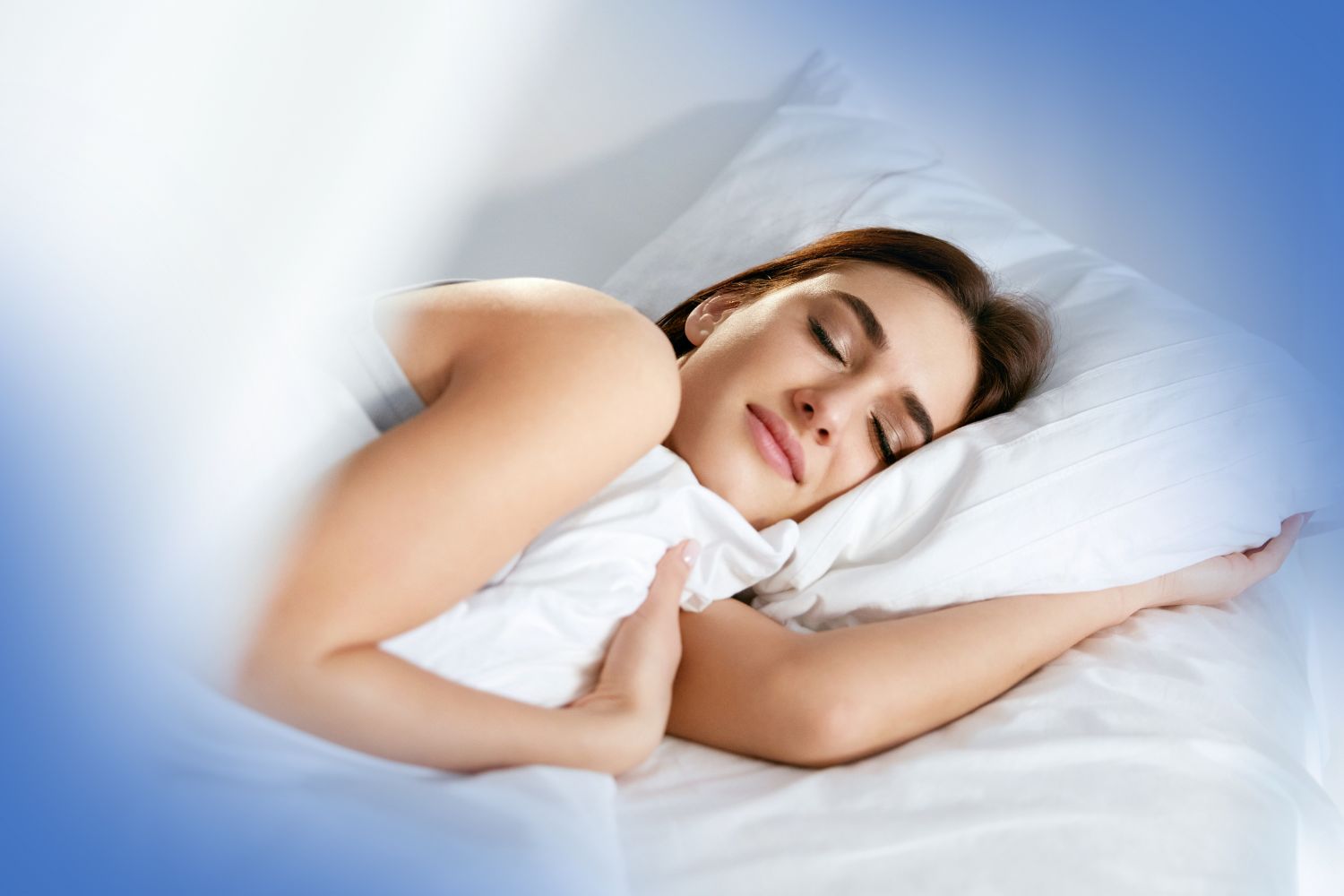Caffeine is supposed to wake you up — so why do you sometimes feel even more tired after drinking coffee? You’re not alone. Many people report that their go-to pick-me-up leaves them sluggish, foggy, or crashing hard later in the day.
Let’s break down why this happens and what might be going on in your body.
1. It Starts With How Caffeine Works
Caffeine primarily works by blocking adenosine, a chemical in your brain that promotes sleepiness. Normally, throughout the day, adenosine levels build up in your brain and make you feel increasingly tired. But when you drink coffee, caffeine temporarily blocks adenosine’s receptors, tricking your brain into thinking you're more alert than you actually are.
Here’s the catch: while caffeine masks that sleepy feeling, adenosine doesn’t go away. It continues building up in the background. Then, when the caffeine wears off, all that built-up adenosine rushes in, and you may suddenly feel overwhelmingly tired.
This phenomenon is often referred to as a caffeine crash — and it's more common than most people think.
2. You Might Be Dehydrated
Coffee is a diuretic, which means it increases urine production. That can lead to mild dehydration, especially if you're drinking a lot of caffeine and not enough water. Dehydration can cause fatigue, headaches, and difficulty concentrating — all symptoms that make you feel tired, not energized.
Pro tip: For every cup of coffee, try drinking a glass of water to stay balanced.

3. You’re Drinking Too Much, Too Often
Caffeine tolerance builds quickly. If you rely on multiple cups a day, your brain adapts by producing more adenosine receptors, making the caffeine less effective over time. That’s why you might find yourself needing more coffee to feel the same “lift” — and why it becomes easier to feel tired despite drinking it.
In other words, more coffee isn’t always better. It might be doing the opposite of what you want.
4. The Sugar in Your Coffee Could Be Crashing You
If your favorite coffee includes flavored syrups, whipped cream, or other sweeteners, it may be the sugar — not the caffeine — that’s dragging you down. A high-sugar drink can cause a blood sugar spike followed by a sharp crash, leaving you irritable, foggy, and sleepy.
Opting for unsweetened or lightly sweetened coffee can help prevent these ups and downs.
5. Your Sleep Schedule Might Already Be Off
If you're relying on coffee to combat chronic fatigue or lack of sleep, it’s a bandage over a deeper issue. When your circadian rhythm is disrupted — maybe from inconsistent sleep times, staying up too late, or poor sleep quality — caffeine can’t restore the natural alertness your body is missing.
Instead, it might make you jittery or anxious without actually improving your energy.
6. Coffee Can Trigger a Stress Response
Caffeine stimulates your nervous system, which can trigger the release of cortisol and adrenaline — your body’s fight-or-flight stress hormones. For some people, this results in anxiety, tension, and fatigue, especially after the initial energy burst wears off.
If coffee leaves you feeling wired and then wiped, your body may be responding to that stress spike.
7. The Timing of Your Coffee Matters
Drinking coffee too late in the day — even in the early afternoon — can mess with your sleep at night. That poor sleep, in turn, makes you feel exhausted the next day, leading you to reach for more coffee…and the cycle continues. Try cutting off caffeine at least 6–8 hours before bedtime to prevent it from interfering with your rest.
8. Coffee May Affect People Differently (It’s in Your Genes!)
Everyone metabolizes caffeine differently. Some people have a genetic variation that makes them break down caffeine slowly, meaning it lingers in their system longer and may cause more intense crashes or sleep disturbances.
Others may feel energized from just a small amount. If coffee seems to have the opposite effect on you, your genetics might be the reason.
9. Hidden Sources of Caffeine Could Be Stacking Up
Don’t forget: caffeine isn’t only in coffee. It’s in tea, soda, energy drinks, chocolate, and even some pain relievers. If you’re consuming multiple sources without realizing it, you could be overloading your system — leading to dehydration, fatigue, and disrupted sleep.
Keep an eye on the total amount of caffeine you’re getting throughout the day.

10. Poor Sleep Might Be the Root of the Problem
If your sleep quality is consistently poor — whether it’s due to stress, snoring, or environmental noise — caffeine may never fully compensate. It may feel like a short-term solution, but it can’t fix chronic sleep issues.
And if coffee becomes a daily crutch, it might actually make things worse over time by disturbing your ability to fall or stay asleep.
So, What Can You Do About It?
If coffee makes you tired, don’t panic — but do pay attention. Try reducing your intake, hydrating more, limiting sugar, and drinking it earlier in the day. Also consider your overall sleep hygiene, including screen use before bed, consistent sleep/wake times, and noise exposure.
When It’s Not the Coffee, It’s the Noise…
Sometimes, it’s not caffeine making you tired — it’s the poor sleep caused by distractions like snoring, city noise, or a racing brain that won’t shut off at night.
If that sounds familiar, try SoundOff Sleep earbuds. These comfortable, rechargeable earbuds use scientifically engineered pink noise, not white noise, to mask snoring and other disruptive sounds. Pink noise has been shown to improve deep sleep, focus, and relaxation — so you can finally fall asleep and stay asleep, no matter what’s happening around you.
👉 Try SoundOff and sleep through the night, even if your coffee wears off.

































